Should You Keep a Southern Flying Squirrel as a Pet?
Updated on 04/26/24
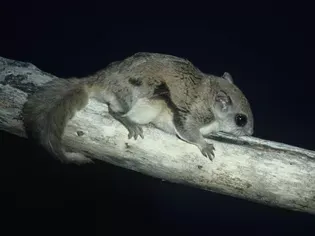
Should You Keep a Southern Flying Squirrel as a Pet?
Introduction:
Southern flying squirrels are fascinating creatures with their nocturnal habits and extraordinary ability to glide through the air. Their adorable appearance and playful nature may tempt you to consider keeping one as a pet. However, it's crucial to thoroughly weigh the pros and cons before making this decision.
Pros of Keeping a Southern Flying Squirrel as a Pet:
* Unique and Captivating: The ability of flying squirrels to glide and their active nocturnal behaviors make them captivating and engaging pets. Watching their aerial maneuvers and playful antics can provide endless entertainment.
* Small Size and Low Maintenance: Compared to other exotic pets, southern flying squirrels are relatively small and require less space. Their cages are typically compact, and their diet consists of readily available fruits, vegetables, and insects.
* Intelligent and Social: Flying squirrels are intelligent and curious animals that can form bonds with their human companions. They enjoy interacting and playing, bringing a sense of companionship to their owners.
Cons of Keeping a Southern Flying Squirrel as a Pet:
* Nocturnal Nature: Flying squirrels are strictly nocturnal, meaning they are active at night and sleep during the day. This can make it difficult to bond with them or observe their behaviors if you work during the day.
* Challenging to Handle: Flying squirrels are fast and agile, making handling them difficult. They have sharp claws and teeth, and attempting to grab them can lead to injuries for both the pet and the owner.
* Specialized Diet: While their diet is relatively simple, flying squirrels require a specific balance of fruits, vegetables, and insects. Providing them with a nutritious and balanced diet can be time-consuming and expensive.
* Potential Health Issues: Like all animals, flying squirrels can be susceptible to various health issues, including respiratory infections and dental problems. Veterinary care for exotic pets can be costly and challenging to find.
Examples of Why Keeping a Southern Flying Squirrel May Not Be the Best Choice:
* Loud Noises and Disruptions: Flying squirrels can be noisy at night, making them unsuitable for apartments or homes with thin walls. Their vocalizations and cage movements can be disruptive to both the owner and neighbors.
* Space Requirements: While their cages may be compact, flying squirrels require plenty of vertical space to glide and exercise. Providing them with an enclosure that meets their needs can be challenging, especially in smaller homes.
* Short Lifespan: Compared to other pets, flying squirrels have a relatively short lifespan of 5-8 years. This can be emotionally difficult for children or those who form strong bonds with their pets.
Conclusion:
The decision of whether or not to keep a southern flying squirrel as a pet is a complex one. While they can be fascinating and engaging creatures, their nocturnal habits, handling difficulties, and specialized care requirements must be carefully considered. If you have a quiet home with ample space, are prepared to handle them carefully, and have the time and resources to provide them with a balanced diet and veterinary care, then a southern flying squirrel could make a unique and rewarding pet. However, if these factors present challenges, it may be best to admire these creatures in the wild or consider a more suitable pet.
Explore More Pets

Exotic Pet Species
Should You Keep a Chimpanzee as a Pet?
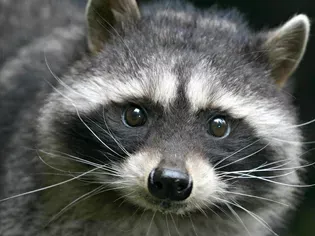
Exotic Pet Species
Should You Keep a Raccoon as a Pet?
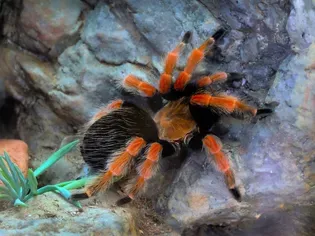
Exotic Pet Species
How to Care for a Pet Mexican Red-Knee Tarantula
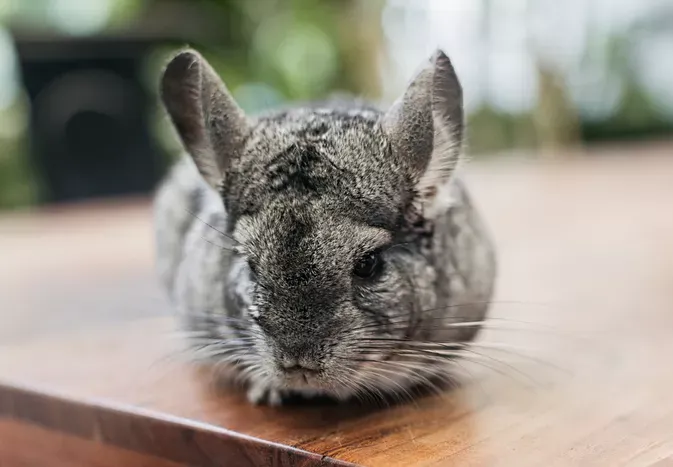
Exotic Pet Species
12 Best Exotic Pets for Apartment Living
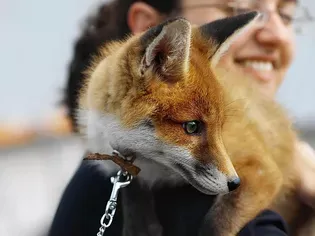
Exotic Pet Species
Best Foxes to Keep as Pets
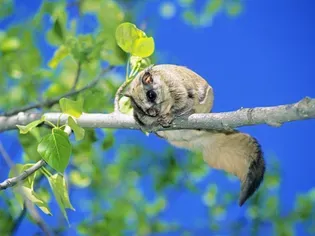
Exotic Pet Species
Should You Keep a Northern Flying Squirrel as a Pet?
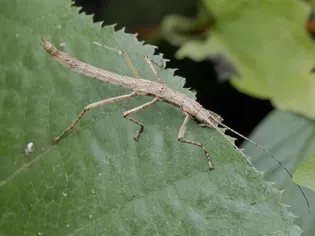
Exotic Pet Species
Should You Keep Stick Insect as a Pet?
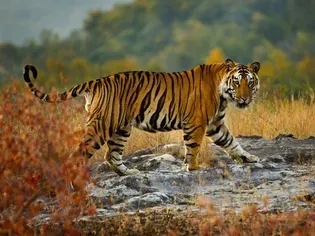
Exotic Pet Species
Should You Keep a Big Cat as a Pet?